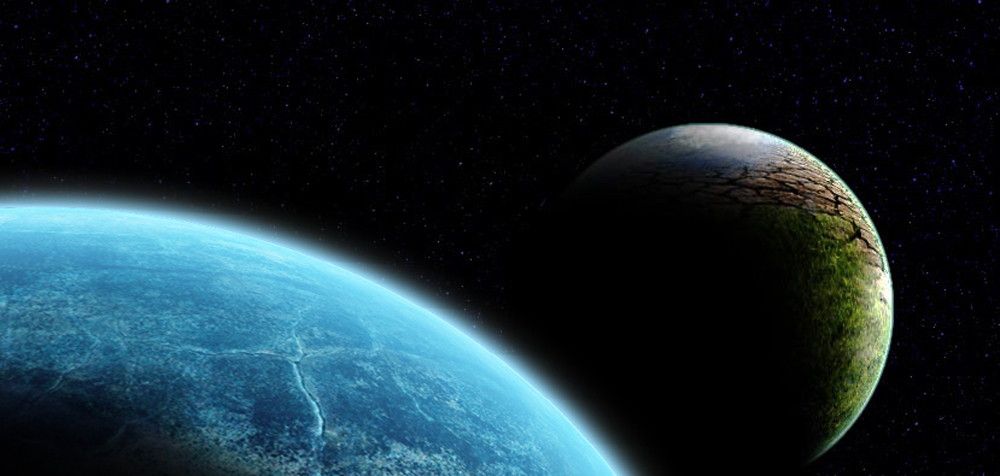An extra planet between Mars and Jupiter would eject Earth, Neptune, Uranus, Venus and Mercury from the solar system

Researchers at the University of California, Riverside have published an interesting paper. It says that our planet would be ejected from the solar system if there were a super-Earth (a planet with a mass between Earth and Neptune) between Jupiter and Mars.
Here's What We Know
The distance between the planets in the solar system begins to increase dramatically after Mars. While the Sun, Mercury, Venus, Earth and Mars are about 50-80 million km behind each other, Jupiter is about 550 million away from the Red Planet. Fortunately for us, the space between Jupiter and Mars is empty.
A study by scientists from the US shows that an extra planet between Mars and Jupiter would throw the Earth out of the solar system. Computer simulations have shown that there is only one orbit in which a super-Earth could orbit.
In other cases, the presence of a planet between Jupiter and Mars would lead to disaster. It would destabilise the orbits of the other celestial bodies and as a result, Earth, Venus, Mercury, Uranus and Neptune would be ejected from the solar system.
This is because the super-Earth would affect Jupiter, which would imbalance the orbits of the other planets. The most favourable outcome for Earth would be to remain within the solar system with a parallel lengthening of orbit and the end of life.
Source: Science Daily